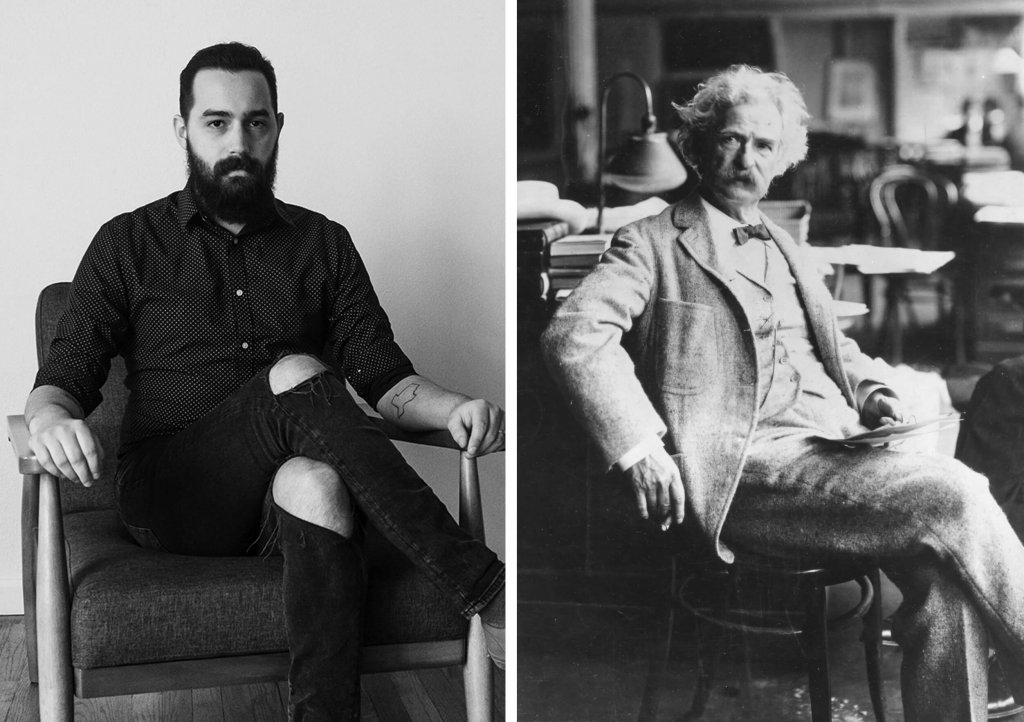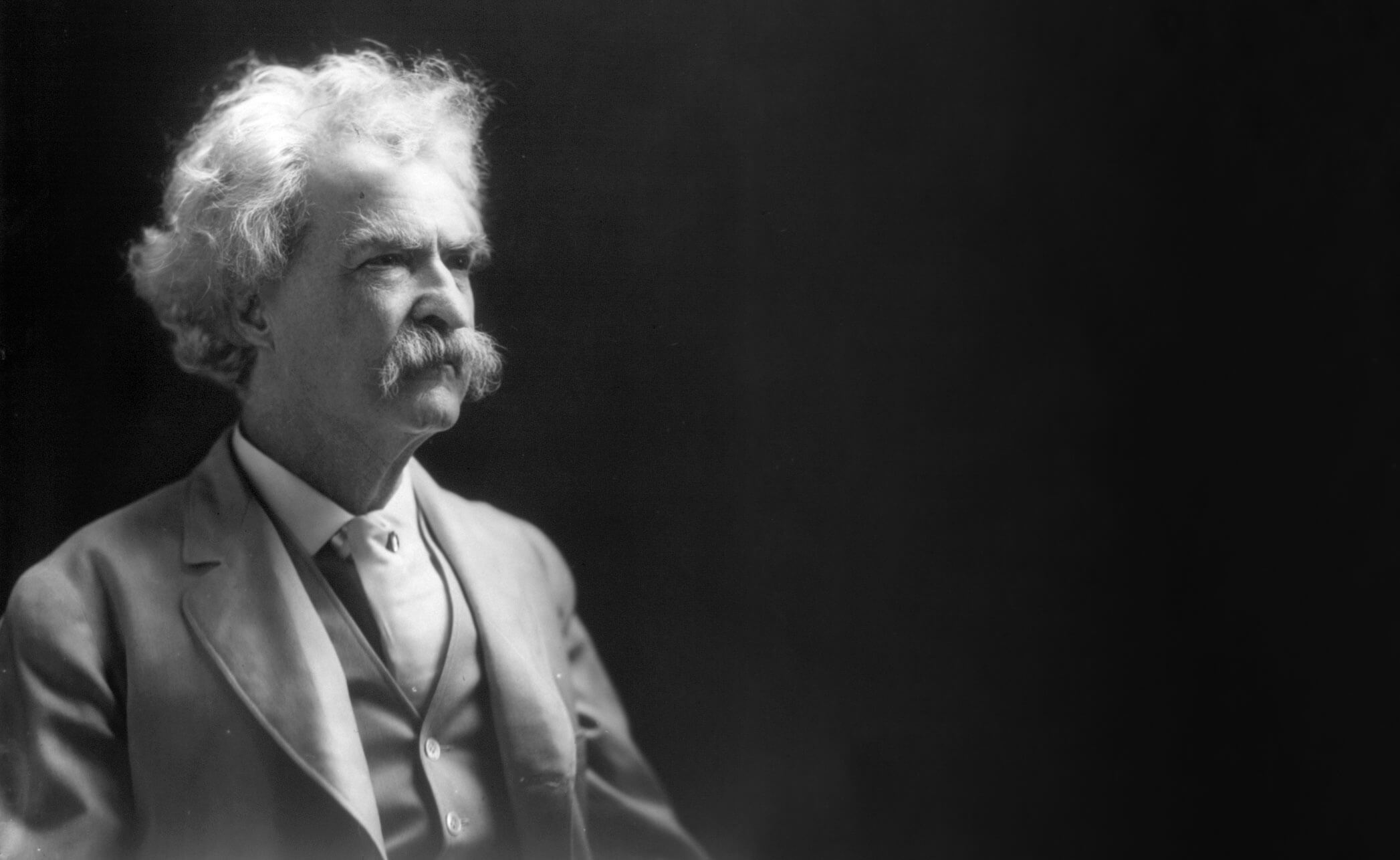Quotation Mark-Up: Mark Twain On Word Choice
However, we don’t often take a moment to analyze a famous passage for its meaning, context, or relevant application. Instead, we decide that if someone famous said something or if an adage happens to rhyme, it’s true by default. In this new series, our team will take a quote with seeming relevance to the creative world and really discuss its veracity.
To kick things off, we’re beginning with a quote about word choice from one of the most famous American authors in history: Mark Twain. The quote reads as follows:
“The difference between the almost right word and the right word is really a large matter—’tis the difference between the lightning-bug and the lightning.”
Question 1: What is the original context?
Unlike many quotes, this one was originally published in print, meaning we have its original context and purpose pretty overtly laid out. In 1890, George Bainton was putting together a book to inspire young writers with advice from the elder statesmen of the craft. He reached out to notable authors asking for “literary reminiscences, methods of work, and advice to young beginners.”
The above quote was Twain’s response. It was literally Mark Twain lending his best piece of advice to young writers, which is more direct than most quote origins.
Question 2: Is this quote meant to be taken literally?
My opinion is sort of in the middle on this one. I don’t think Twain is telling people that when writing or speaking, to strive for word choice perfection at all times. That’s unrealistic, even for Twain, whose word choice has actually come under fire in the modern age.
I believe proof that this shouldn’t be taken literally exists in the quote itself. The example he uses of poor word choice is nonsensical. Whether writing a novel or a homepage headline, no one would be choosing between lightning or a lightning-bug. They may be choosing between a lightning strike and a lightning bolt, in which case the choice is infinitely more complicated. So no, I believe this quote is meant to make a larger, less literal point.

Question 3: What is really being said, and do I agree?
The point of this quote is that word choice matters. And it does. While perfection is impossible (or at least impossible to maintain) and not all words matter equally, striving for the most effective-possible word when it matters most is the message here.
And to that extent, I do agree. It’s easy to choose the first word that comes to mind or a word that is more fine than perfect. But, there are moments when the right word can make a sentence sing. And in advertising, that can mean the difference between someone overlooking your brand and someone being stopped in their tracks by what your brand has to say. In some ways, I think this quote is actually more true of advertising copywriting than novel writing.
Question 4: How does this quote apply to the advertising/creative industry?
In the previous answer, we discussed how this quote applies to copywriting, which is the obvious place to start. But, this quote applies equally well to virtually all aspects of creative production. Not every pixel of a website is important enough to necessitate perfection, but we know where the most critical real estate is and, in those areas, we have to push for perfection to best serve the client.
And the beauty of the creative world is that we can invent what’s necessary to reach perfection in our work. If the perfect name for a new business doesn’t exist, we’re free to invent it. If the perfect typeface isn’t making itself known, create a new one. Brands have done it before.
Innovation in web design, for example, happens when creative studios put up a middle finger toward what’s been done and create something new that most perfectly fulfills a need.
So, I think this quote applies remarkably well to corporate creative pursuits, but I just don’t think it goes far enough. I would give it an addendum that inspires creatives to create the right word when the perfect one doesn’t exist. New businesses are created to serve an audience more perfectly than what exists today. So the creative work we produce for those businesses should be undertaken with the same mindset.
Question 5: Has anyone said it better?
Honestly, I don’t think so. This quote comes directly from a member of the American writing Mt. Rushmore. And it’s him giving fairly on-the-nose advice to aspiring writers. Looking at similar quotes about word choice, others tend to focus on the power of words in general, or how words can create or destroy. They are focused more on melodrama than practicality. But this quote exists to be practical advice, so no. No one has said it better.
Put another way, he chose the right words.
We hope you enjoyed this discussion of word choice, creative invention, and the inherent vagueness of quotes. More than that, we hope you take a moment to really examine the quotes that we let define our lives and our work.
Stay tuned for the next installment, which will hopefully be written by someone quicker to the point than Jon. But just like Twain, he’s a writer writing about writing. In those instances, folks tend to ramble on.
